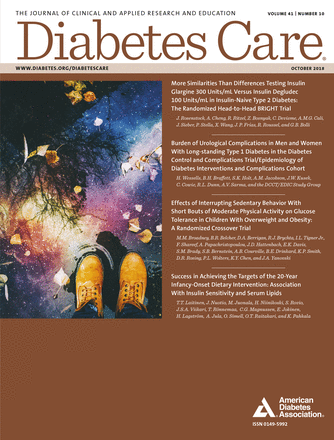Abstract
OBJECTIVE Dysbiosis of the gut microbiota has been linked to disease pathogenesis in type 1 diabetes, yet the functional consequences to the host of this dysbiosis are unknown. We investigated the functional interactions between the microbiota and the host associated with type 1 diabetes disease risk.
RESEARCH DESIGN AND METHODS We performed a cross-sectional analysis of stool samples from subjects with recent-onset type 1 diabetes (n = 33), islet autoantibody–positive subjects (n = 17), low-risk autoantibody-negative subjects (n = 29), and healthy subjects (n = 22). Metaproteomic analysis was used to identify gut- and pancreas-derived host and microbial proteins, and these data were integrated with sequencing-based microbiota profiling.
RESULTS Both human (host-derived) proteins and microbial-derived proteins could be used to differentiate new-onset and islet autoantibody–positive subjects from low-risk subjects. Significant alterations were identified in the prevalence of host proteins associated with exocrine pancreas output, inflammation, and mucosal function. Integrative analysis showed that microbial taxa associated with host proteins involved in maintaining function of the mucous barrier, microvilli adhesion, and exocrine pancreas were depleted in patients with new-onset type 1 diabetes.
CONCLUSIONS These data support that patients with type 1 diabetes have increased intestinal inflammation and decreased barrier function. They also confirmed that pancreatic exocrine dysfunction occurs in new-onset type 1 diabetes and show for the first time that this dysfunction is present in high-risk individuals before disease onset. The data identify a unique type 1 diabetes–associated signature in stool that may be useful as a means to monitor disease progression or response to therapies aimed at restoring a healthy microbiota.
